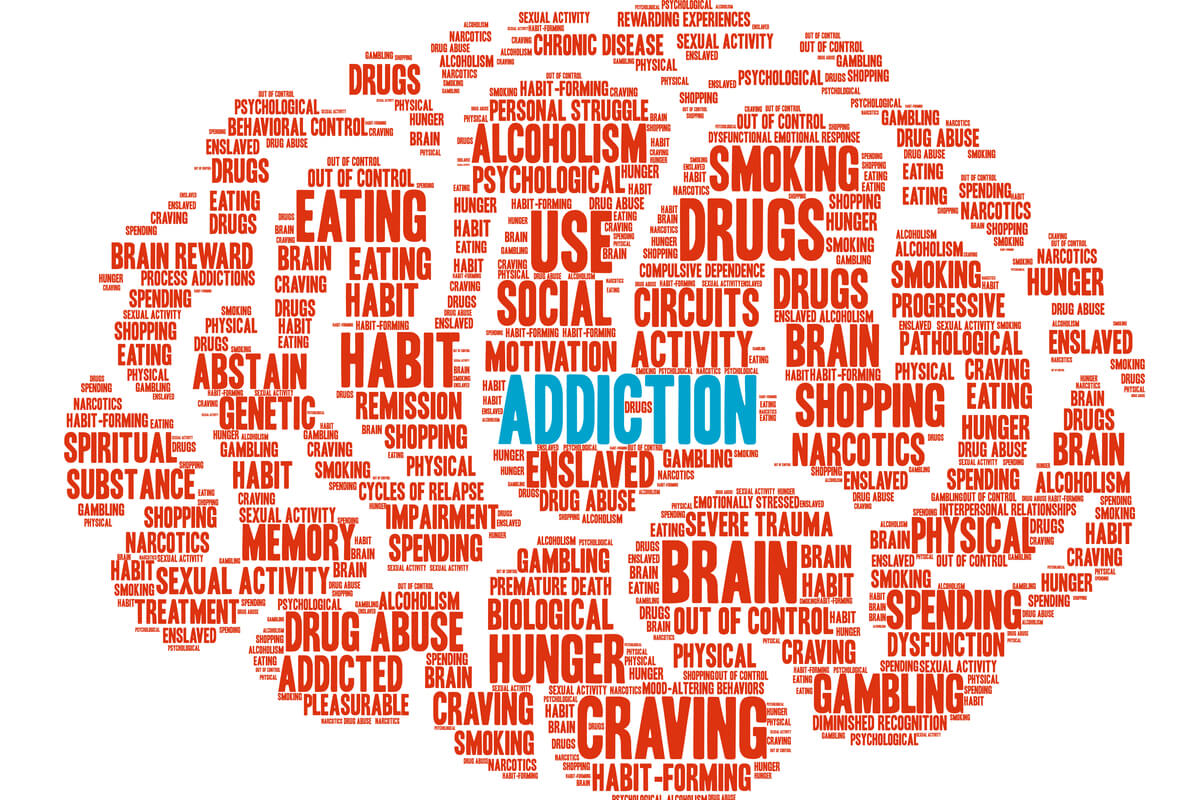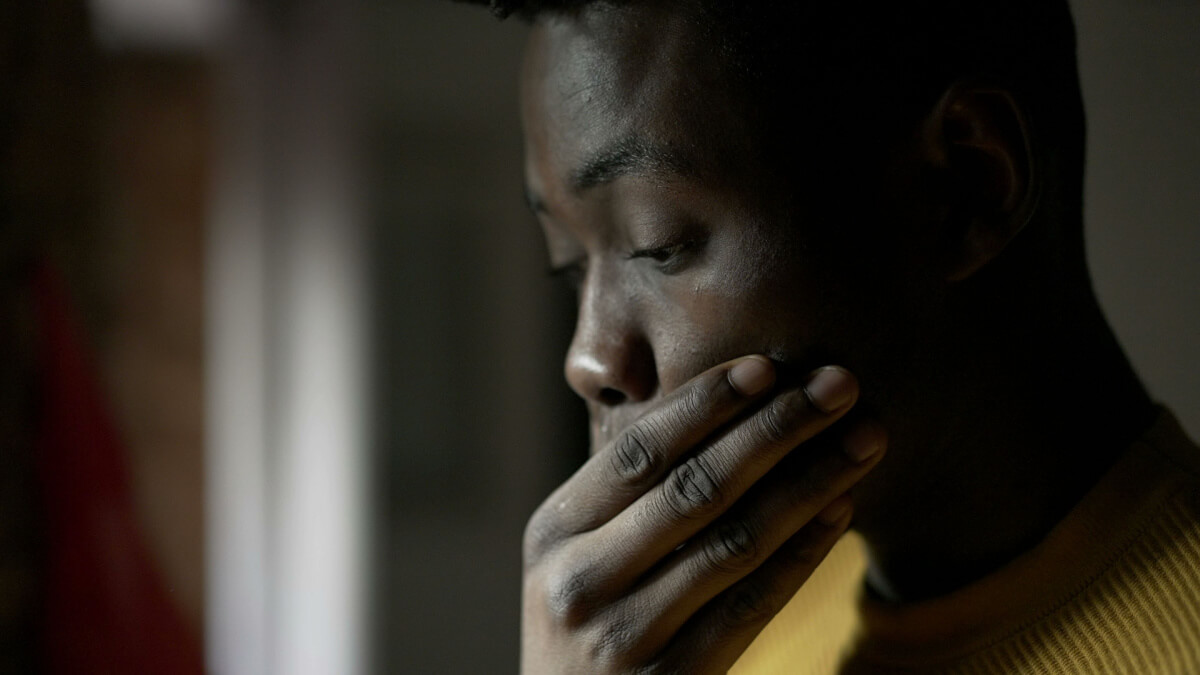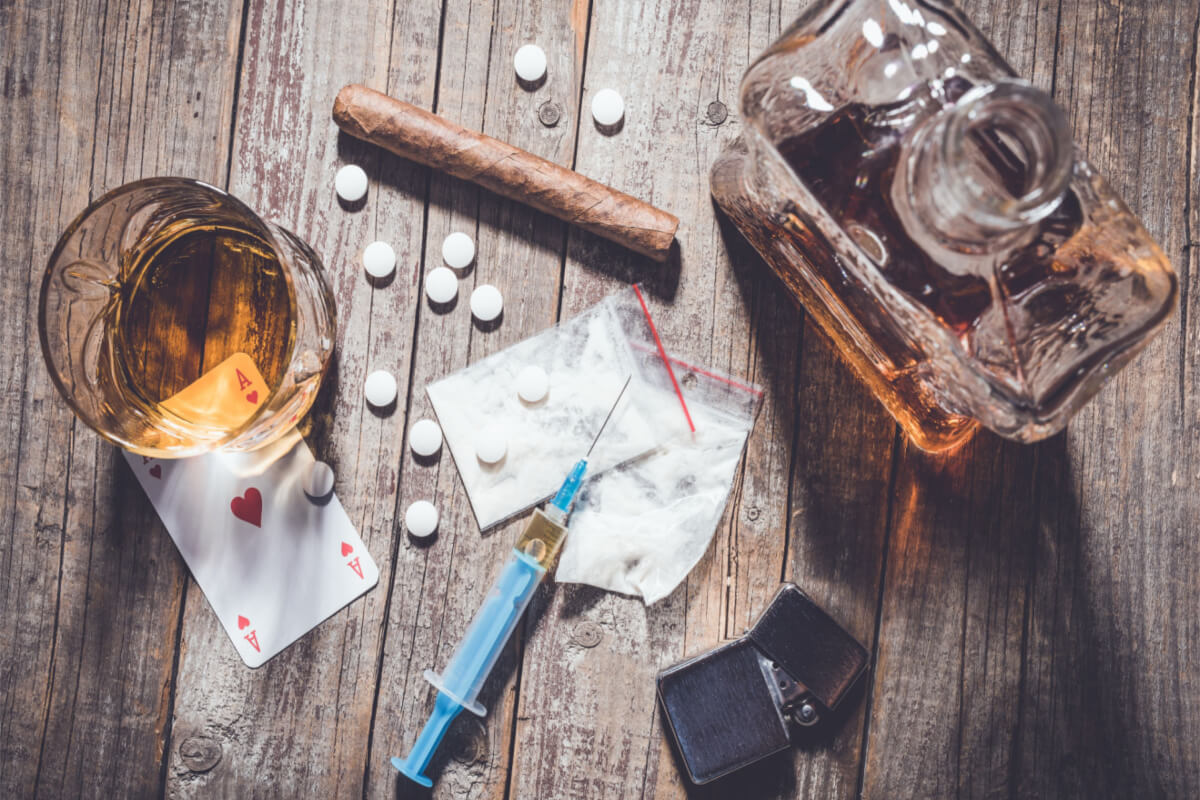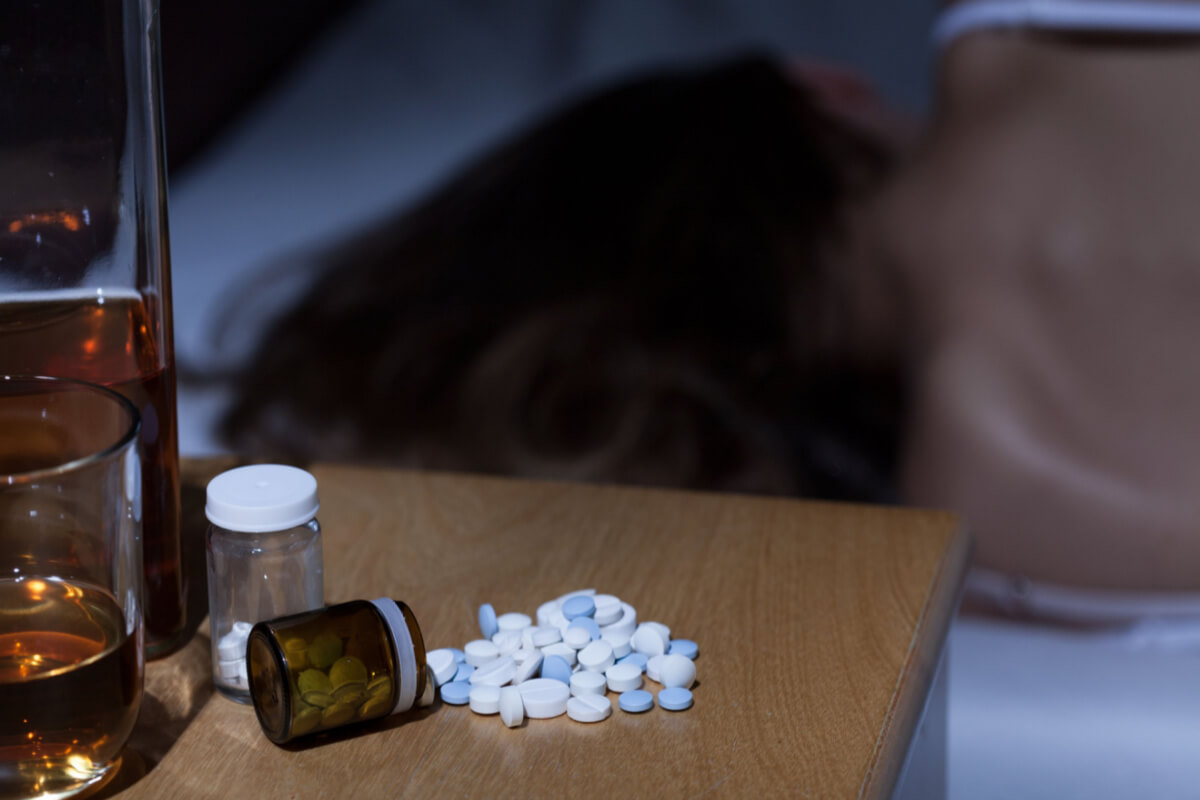
In 2016, more than 1 million people were arrested for driving under the influence.[1] If you’ve been cited, you’re certainly not alone.
Entering the judicial system can be scary and overwhelming. But for some people, a conviction can be the motivation for getting serious about recovery.
As part of your sentence for driving under the influence (DUI), driving under the influence of intoxicants (DUII), or driving while intoxicated (DWI), you might need to complete a treatment program as part of your sentencing.
Each state administers and adjudicates these programs, and each state therefore has slightly different laws and procedures. Below are some frequently asked questions about what offenses tend to warrant treatment after a DUI, how mandated treatment programs work, and what you can expect if you are sentenced to attend a mandated treatment program:
What May Happen During A DUI Arrest?
When police officers suspect that you’re driving under the influence, they generally follow a 12-step method, including but not limited to:
- Breath testing: You may be asked to blow into a device that measures alcohol on your breath.
- Interview: The officer asks about your current drinking or drug use.
- Quick exam: The officer may check your pulse or other vital signs to ensure you’re not struggling with another medical issue like low blood sugar or stroke that could be causing erratic driving behavior. .
- Eye check: The officer uses a bright light to assess how well you can track movements.
- Physical tests: The officer asks you to move through a few short assessments of your balance and coordination.
- Second physical check: The officer checks your temperature, pulse, and blood pressure.
- Second eye check: The officer measures your pupil size.
- Muscle check: The officer checks for rigid, tense muscles or lax muscle tone.
- Injection spot check: The officer looks for signs that you’ve used needles.
- Reading of rights: The officer informs you of your rights if that hasn’t been done previously. You’re also given the chance to admit you’ve used drugs or drank alcohol before driving.
- Compilation: Based on all the tests, the officer determines if you’re impaired. At this point, you could be arrested and taken to the station.
- More testing: Once you arrive at headquarters, samples of your blood or urine are tested for drugs.
Every step in this process produces court-admissible results. The officials might keep you in a cell overnight if the evidence is overwhelming. If not, you could be released until your court date.
Sometimes, officials let you keep your driver’s license until a court determines your guilt or innocence. Sometimes, you’re required to forfeit your license until your court date.
What are the Financial repercussions of a DUI conviction?
Your freedom is at risk after a DUI conviction, but so are your finances. Most states levy steep fines for impaired driving. In addition, in many states, you may be obligated to pay for your mandated addiction treatment program.
Costs vary from state to state, [9] but you may need to pay for:
- High-risk car insurance: Most companies charge more after drivers are convicted of a DUI. This can be multiple thousands of dollars.
- Legal help: You may need to hire legal consultation, which can be thousands of dollars.
- Court costs: You’ll pay fines associated with a guilty verdict.
- Lost time: You may spend weeks, months or even years in jail which may interfere with your employment.
- Rehab: You may have to pay for an addiction treatment program which can cost hundreds to thousands of dollars. Insurance companies and States may cover the cost of these program, but this varies by State.
- Licensing fees: You must pay a fee to get your driver’s license reinstated after your conviction.
Can I Keep My Job After a DUI?
It depends on the nature of your job and what the rules are in the State in which you live. Arrests are often public information. Your employer may find out about your arrest even if you want to keep things quiet. In some states, you may be legally required to disclose a DUI arrest to your employer. For example, in some states, you are required to apply for a work permit within a certain amount of days after your arrest.(10) If your job involves driving or using company vehicles, you might be required to disclose your arrest. Sometimes, that arrest could cost you your job.
Talk with your lawyer about your job, the specific rules in your district or state, and what you should do next.
How Does Court-Ordered Treatment Work?
After your arrest, officials give you a date and time to appear in court. The officers present the information gathered during your arrest, and you and your lawyers counter with your version of events. If you’re convicted, the court could sentence you to treatment as part of the conditions of your sentencing.
Treatment Programs vary greatly depending on the substance you are using, the severity of your dependence on the drug or alcohol, and the specific rules of your state or district in which you were sentenced. But your program could include the following:[3]
- Treatment programs held in your community
- Support group meetings, such as Alcoholics Anonymous
- Driver education programs
- Classes about the consequences of impaired driving
- Ongoing supervision, such as a breathalyzer device in your car
Your program’s duration and requirements might also vary depending on your criminal record:
First-Time Offenders
The judge could opt for treatment programs instead of jail time. You might be required to come back to the court with notes from your treatment team, chips from your AA group, and other proof you’ve done as the judge asked.
Repeat Offenders
Some states have dedicated DWI Courts that provide close supervision of people with multiple convictions. If you’re sent into a program like this, you may have to do the following:[4]
- Attend frequent court hearings
- Complete a substance misuse treatment program
- Undergo random drug testing
- Serve a portion of your jail sentence
No matter whether this is your first or your fifth offense, you must follow the court’s rules. If you don’t, you could face serious legal repercussions.
Attending mandated treatment programs is an effective and proven way to address substance misuse. Many people who enter treatment programs are obligated or mandated to do so for legal reasons [5] However, a court order could be just what you need to take your substance misuse issue seriously. If you are mandated to complete a treatment program, consider thinking of it not as a punishment but as an opportunity to get the help you deserve to move toward recovery.
How Do I Find Court-Ordered Treatment in My State?
DUI, DUII, and DWI are legal terms defined by individual States. Every local municipality has rules about driving under the influence, and all have legal frameworks they use to both convict and treat people who break the laws. How you will find treatment will depend heavily on the state.
In some states, for example, the court refers people to designated treatment programs.[6] In other states, you are able to choose from a number of different programs, and may even be responsible for finding a program on your own. [7] If you don’t know where to get treatment, ask your lawyer, the judge adjudicating your case, or both. If you still don’t understand what to do next, keep asking questions. Medical and legal professionals are available to help.
How Does “Private Alcohol Treatment” Work?
Some States may offer you the opportunity to attend a private alcohol treatment program, which is usually a non-government run program. These programs may take certain insurances, but some may require the individual to pay out of pocket, making them generally more expensive than public or court-ordered programs.
All health insurance plans sold through the U.S. Marketplace consider substance abuse services an essential health benefit.[8] Many private plans do too.
Call your insurance company and ask which treatment providers are covered under your plan.
What Happens After DUI Treatment?
Researchers say that 91% of drivers in fatal accidents with blood alcohol levels above 0.8% are repeat offenders.[11] If you’re convicted multiple times, consequences tend to be more severe each time. Some States may require treatment programs only for repeat offenders, whereas others may mandate treatment even after a first offense.
How Do I Know if I Have a Problem With Drinking and Driving?
Every year, there are 111 million self-reported episodes of alcohol-impaired driving.[1]
Drinking and driving is a significant sign that you may have an alcohol use disorder. Don’t wait for a DUI. Get treatment now so you can avoid harming yourself or others by driving under the influence.

By Elena Hill, MD, MPH
Elena Hill, MD; MPH received her MD and Masters of Public Health degrees at Tufts Medical School and completed her family medicine residency at Boston Medical Center. She is currently an attending physician at Bronxcare Health Systems in the Bronx, NY where ... Read More
- Impaired Driving: Get the Facts. Centers for Disease Control and Prevention. https://www.cdc.gov/transportationsafety/impaired_driving/impaired-drv_factsheet.html. August 2020. Accessed May 2022.
- The 12-Step Process. International Association of Chiefs of Police. https://www.theiacp.org/12-step-process. Accessed May 2022.
- Court-Mandated Treatment for Convicted Drinking Drivers. Alcohol Research and Health. https://www.ncbi.nlm.nih.gov/pmc/articles/PMC6470906/. 2006. Accessed May 2022.
- The Bottom Line. National Center for DWI Courts. https://www.dwicourts.org/wp-content/uploads/The%20Bottom%20Line_0.pdf. January 2015. Accessed May 2022.
- Is Legally Mandated Treatment Effective. National Institute on Drug Abuse. https://nida.nih.gov/publications/principles-drug-abuse-treatment-criminal-justice-populations-research-based-guide/legally-mandated-treatment-effective. April 2014. Accessed May 2022.
- Substance Addiction Services Descriptions. Commonwealth of Massachusetts. https://www.mass.gov/service-details/substance-addiction-services-descriptions#dui. Accessed May 2022.
- Substance Use Disorders Services Directory. State of Oregon. https://www.oregon.gov/oha/HSD/AMH/Docs/provider-directory.pdf. May 2022. Accessed May 2022.
- Mental Health and Substance Abuse Coverage. HealthCare.gov. https://www.healthcare.gov/coverage/mental-health-substance-abuse-coverage/. Accessed May 2022.
- Illinois DUI Fact Book. Secretary of State Jesse White. https://www.ilsos.gov/publications/pdf_publications/dsd_a118.pdf. 2022. Accessed May 2022.
- DUI Information. State of Florida. https://www.stateofflorida.com/dui-information/. Accessed May 2022.
- Shocking Numbers Revealed of Repeat DUI Offenders. MADD. https://www.madd.org/north-texas/rbrlawfirm/. January 2020. Accessed May 2020.
Download Our Free Program Guide
Learn about our program, its effectiveness and what to expect
Related articles
Imagine what’s possible on the other side of opioid use disorder.
Our science-backed approach boasts 95% of patients reporting no withdrawal symptoms at 7 days. We can help you achieve easier days and a happier future.








